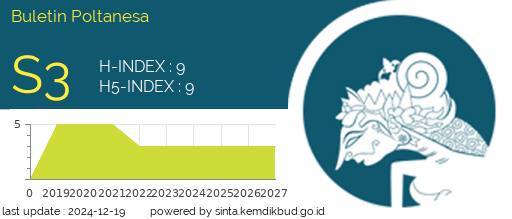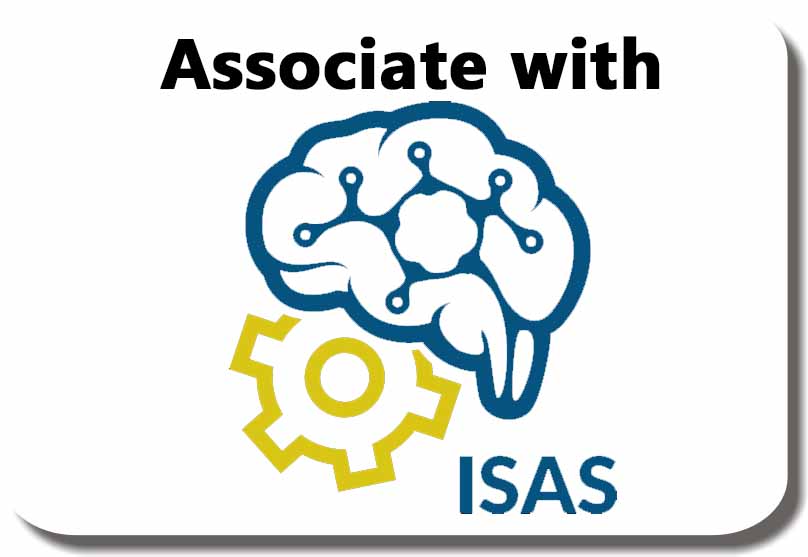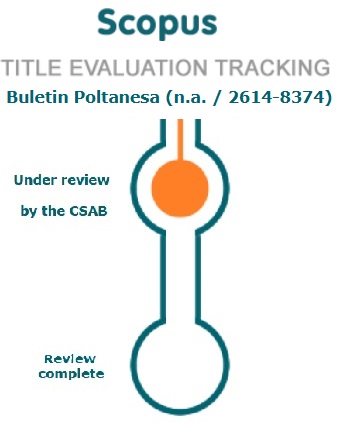Implementation of Islamic Social Ethics in the Philosophy of Educational Management Towards Students of Madrasah Trubus Iman in Padang Pangrapat Tanah Grogot
DOI:
https://doi.org/10.51967/tanesa.v24i2.2944Keywords:
Philosophy, Social Ethics, Management, EducationAbstract
The Implementation of Islamic Social Etiquette in the Philosophy of Educational Management is the focal point of investigation within the context of Madrasah Trubus Iman in Padang Pangrapat, Tanah Grogot. This research aims to delve into and analyze how the application of Islamic social etiquette values within the framework of the philosophy of educational management can shape students' characters. The research method employed is qualitative research. Data were obtained through observation, interviews, and document analysis related to educational management in Madrasah Trubus Iman. The research findings indicate that Madrasah Trubus Iman has effectively implemented an educational management approach based on Islamic social etiquette. In the context of integrating Islamic values, such as covering one's aura, avoiding illicit sexual relations, prohibiting unmarried couples from being alone, performing prayers, speaking politely, being obedient to parents, forbidding smoking among adolescents, and greeting fellow Muslims. The positive implications of implementing Islamic social etiquette are not only limited to the aspect of students' character but are also evident in the improvement of the learning atmosphere and interpersonal relationships between students and teachers. Mutual respect and care become crucial points in creating an educational environment that supports holistic student growth. Overall, this research contributes to our understanding of how Islamic social etiquette can be integrated with the philosophy of educational management to create quality Islamic education.
References
Adiyono, A. (2020). Pendekatan Pendidikan Islam Dalam Penerapan Manajemen. FIKRUNA, 1(2), 74–90.
Ahmad, M. Y., Tambak, S., & Syafitri, M. (2016). Etika Pergaulan Islami Santri Madrasah Aliyah (MA) di Pesantren Jabal Nur Kecamatan Kandis Kabupaten Siak. Al-Hikmah: Jurnal Agama Dan Ilmu Pengetahuan, 13(2), 206–226.
Anirah, A., & Hasnah, S. (2013). Pendidikan islam dan etika pergaulan usia remaja (Studi pada peserta didik MAN 2 model Palu. ISTIQRA’, Jurnal Penelitian Ilmiah, 1(2), 283–301.
Asifudin, A. J. (2016). Manajemen pendidikan untuk pondok pesantren. Manageria: Jurnal Manajemen Pendidikan Islam, 1(2), 355–366.
Farikhah, S. (2015). Manajemen lembaga pendidikan. Aswaja Presindo.
Hamid, A., & Zubair, M. K. (2019). Implementasi Etika Islam Dalam Pemasaran Produk Bank Syariah. BALANCA: Jurnal Ekonomi Dan Bisnis Islam, 1(1), 16–34.
Karmila, K., Fauziah, N., Safira, E., Sadikin, M. N. A., & Wardhana, K. E. (2021). Diskriminasi Pendidikan Di Indonesia. EDUCASIA: Jurnal Pendidikan, Pengajaran, Dan Pembelajaran, 6(3), 191–203.
Lukman, G. A., Alifah, A. P., Divarianti, A., & Humaedi, S. (2021). Kasus narkoba di Indonesia dan upaya pencegahannya di kalangan remaja. Jurnal Penelitian Dan Pengabdian Kepada Masyarakat (JPPM), 2(3), 405–417.
Marisa, M. (2021). Filosofi Manajemen Pendidikan Islam dalam Perspektif Al-Qur’an. Al-Idaroh: Jurnal Studi Manajemen Pendidikan Islam, 5(1), 44–64.
Mubarok, R. (2019). Pelaksanaan Fungsi-Fungsi Manajemen Dalam Peningkatan Mutu Lembaga Pendidikan Islam. Al-Rabwah, 13(01), 27–44.
Nadirah, S. (2017). Peranan Pendidikan Dalam Menghindari Pergaulan Bebas Anak Usia Remaja. Musawa: Journal for Gender Studies, 9(2), 309–351.
Noor, T. (2018). Rumusan tujuan pendidikan nasional pasal 3 undang-undang sistem pendidikan nasional No 20 Tahun 2003. Wahana Karya Ilmiah Pendidikan, 2(01).
Putritama, A. (2018). Penerapan Etika Bisnis Islam dalam Industri Perbankan Syariah. Nominal Barometer Riset Akuntansi Dan Manajemen, 7(1), 1–20.
Saipudin, S. H., Hamidah, H., Ilmiani, A. M., & Musthofa, K. (2021). Menggaungkan Pendidikan Qawlan Ma’rufa sebagai Etika Pergaulan dalam Menyikapi Body Shaming. Jurnal Pendidikan Agama Islam Al-Thariqah, 6(1), 36–55.
Samsulbassar, A., Suhartini, A., & EQ, N. A. (2020). Implikasi Konsep Fitrah dalam Islam dan Tujuan Pendidikan Nasional. Jurnal Pendidikan Islam Indonesia, 5(1), 49–56.
Siregar, R. A. (2019). Ancaman Narkoba Bagi Generasi Muda Dan Upaya Pencegahan Serta Penanggulangannya. Jurnal Comunita Servizio, 1(2), 143–153.
Sulistyorini, S. (2018). Partisipasi Stakeholder Eksternal dalam Meningkatkan Mutu Pendidikan di Sekolah Dasar. Ta’allum: Jurnal Pendidikan Islam, 6(2), 347–372.
Syaban, M. (2019). Konsep Dasar Manajemen Pendidikan Islam. Al-Wardah: Jurnal Kajian Perempuan, Gender Dan Agama, 12(2), 131–141.
Tamrin, A. (2019). Relasi Ilmu, Filsafat Dan Agama Dalam Dimensi Filsafat Ilmu. SALAM: Jurnal Sosial Dan Budaya Syar-I, 6(1), 71–96.
Ulfiandi, I. Z. (2022). Manajemen Boarding School Dalam Peningkatan Prestasi Dan Karakter Religius Siswa Ma’had Alqolam Man 2 Kota Malang. Ulul Amri: Jurnal Manajemen Pendidikan Islam, 1(2), 157–172.
Wahyuni, S., & Sari, K. E. (2023). ETIKA PERGAULAN BERMASYARAKAT DALAM QS AL-HUJURAT AYAT 10 & 11 DAN SURAH AL-AN’AM AYAT 21. ARIMA: Jurnal Sosial Dan Humaniora, 1(2), 21–31.
Downloads
Published
How to Cite
Issue
Section
License
Copyright (c) 2024 Buletin Poltanesa

This work is licensed under a Creative Commons Attribution-ShareAlike 4.0 International License.
The copyright of this article is transferred to Buletin Poltanesa and Politeknik Pertanian Negeri Samarinda, when the article is accepted for publication. the authors transfer all and all rights into and to paper including but not limited to all copyrights in the Buletin Poltanesa. The author represents and warrants that the original is the original and that he/she is the author of this paper unless the material is clearly identified as the original source, with notification of the permission of the copyright owner if necessary.
A Copyright permission is obtained for material published elsewhere and who require permission for this reproduction. Furthermore, I / We hereby transfer the unlimited publication rights of the above paper to Poltanesa. Copyright transfer includes exclusive rights to reproduce and distribute articles, including reprints, translations, photographic reproductions, microforms, electronic forms (offline, online), or other similar reproductions.
The author's mark is appropriate for and accepts responsibility for releasing this material on behalf of any and all coauthor. This Agreement shall be signed by at least one author who has obtained the consent of the co-author (s) if applicable. After the submission of this agreement is signed by the author concerned, the amendment of the author or in the order of the author listed shall not be accepted.









